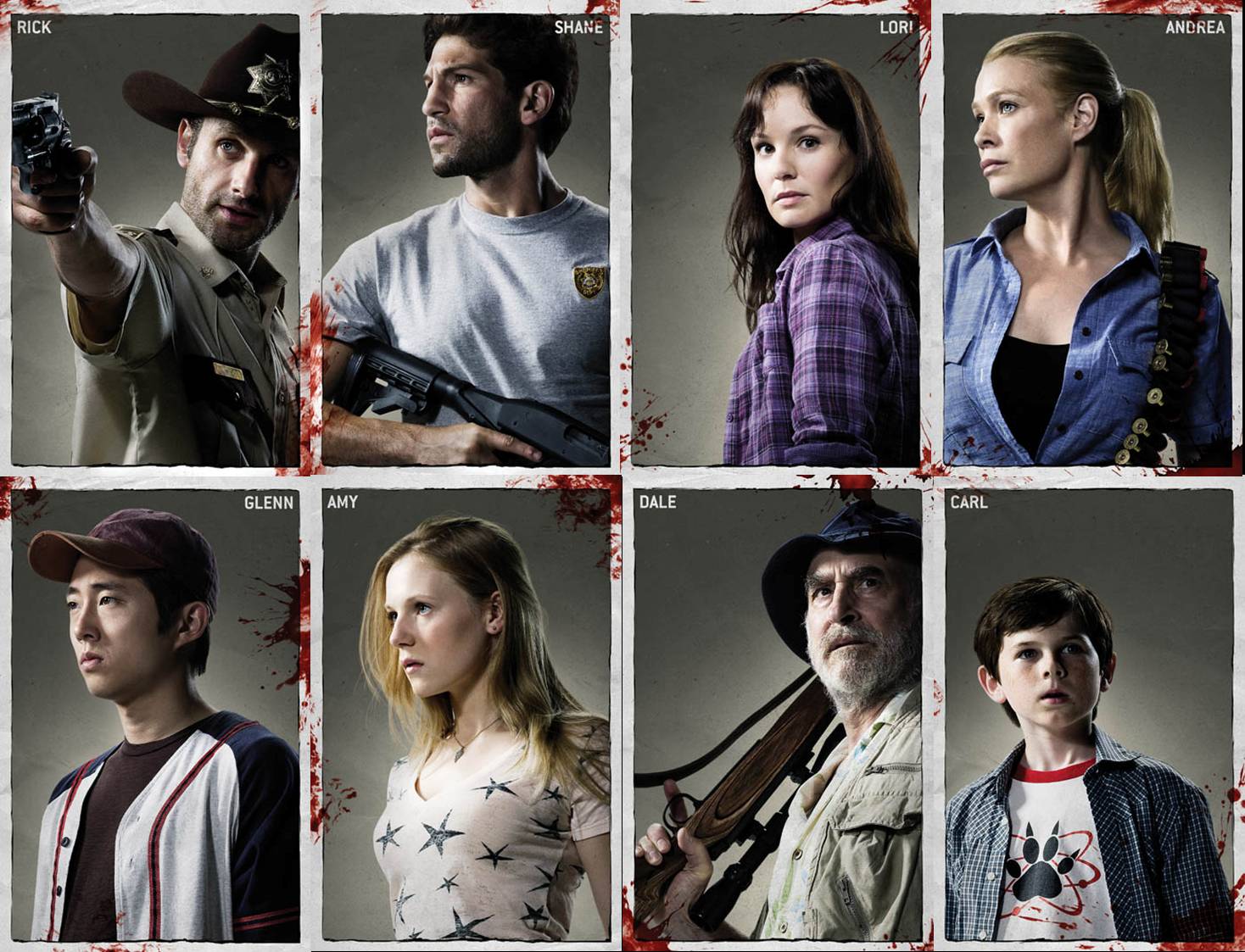

One person, who we never even see (which is sort of cool), saves Morgan's life after Ginny shoots him. Well, you do it by showing him how that message affected other people.

How do you get this guy back on the "we're not doing careful, we're doing right" track that was the crux of the videos he and his team sent out all across Texas. "Morgan Jones is dead," he eerily tells her over the radio, "and you're dealing with someone else now."ĥ Images The bulk of "The End Is the Beginning" was about getting Morgan's head right after failing fairly hard at the end of last season. Now he just has to go rescue them all, while also handling Ginny. One that's safe and off the (and every) map. He's finally found a place where he can bring everyone. "The End Is the Beginning" - where the title comes from some suspicious dudes tagging a large nuclear sub (and who are possibly after its payload key) - has its flaws, in that it only answers one of the character cliffhangers from the Season 5 finale (though, admittedly, the most important one), but it winds up putting Morgan through a solid pressure-cooker adventure that heals him, refreshes him, and sets him out as sort of a ghost of his previous identity. My point is, it takes some special care to give us a Morgan adventure we kind of haven't seen already. He lost his family, he went full-blown mad, he tried to be a pacifist, he tried to be a terminator, and then he literally Forest Gump-ran from Virginia to Texas to start over with a new batch of bozos. Regardless, when talking about either show, we know Morgan Jones has been through it. Maybe that's this show's ultimate trick: to constantly shift and morph while The Walking Dead stays resolute in its stasis. Heck, it even feels distant from what it was two years ago. Of course, story-wise, ensemble-wise, Fear is a far cry from what it was when it started. The episodes were usually pretty good due to the spotlight, but the season, as a whole, suffered under the fragmentation.

Fear's Season 5 experiment with mostly keeping its large ragtag ensemble apart (for narrative, but maybe also budgetary, reasons) and delivering character-specific episodes had both its ups and downs.


 0 kommentar(er)
0 kommentar(er)
